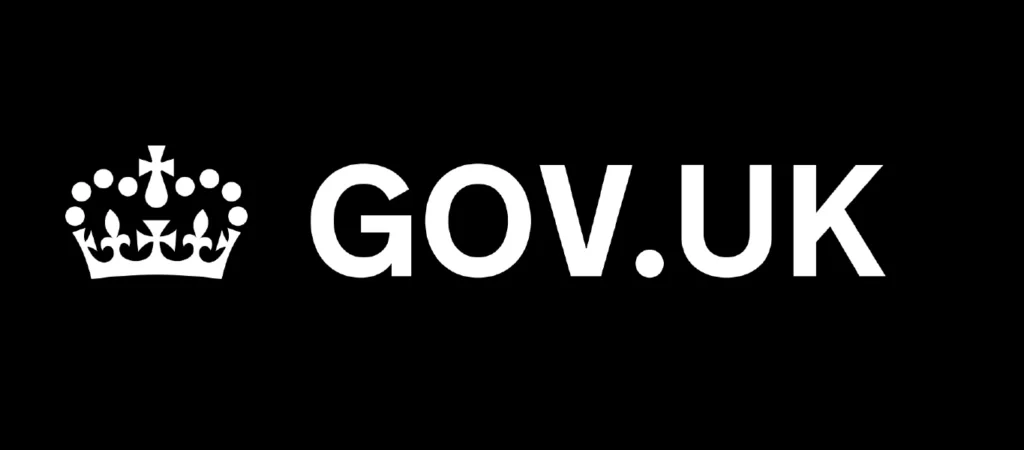Fast & Accurate ENS GB & EU ICS2 Solutions Built for You.
Trade Compliance News - December
-
Freya Jane
- Director of Customer's Success

Trade Soars: WTO Predicts Robust Growth in 2024
During the initial half of 2023, there was a notable decrease in trade, impacting numerous economies and a diverse range of goods. Notably, specific categories like iron and steel, office and telecom equipment, textiles, and clothing experienced a slowdown, while sales of passenger vehicles saw a significant increase in the same period.
More substantial growth in 2024 is anticipated to stem from heightened trade in goods closely tied to the business cycle, including machinery and consumer durables. These sectors typically experience a rebound when economic growth stabilises.
Concerning imports, a decline in demand is evident in manufacturing economies, with anticipated contractions ranging between 0.4% and 1.2% in North America, South America, Europe, and Asia for the year 2023.
Conversely, regions heavily reliant on fuel exports are poised for a significant import increase, driven by elevated revenues from higher prices.
There’s likely curiosity among many about the extent to which the current trade slowdown can be attributed to trade fragmentation, potentially influenced by increasing geopolitical tensions, versus the impact of stricter financial conditions resulting from global interest rate hikes aimed at combating inflation.

HMRC Unveils User Testing for Groundbreaking Single Trade Window
The Single Trade Window, set to launch in 2024, is a forthcoming government service that aims to streamline border processes for businesses.
Once fully operational, it will serve as a centralised hub, enabling users to fulfil import, export, and transit obligations by submitting information in one place. This innovative platform will integrate border services, offering users convenient features like license application and management.
The Single Trade Window is poised to significantly reduce administrative tasks and enhance user experiences at the border by minimising duplicate processes and simplifying data requirements.
The Single Trade Window will be introduced through a series of releases, each adding greater functionality and improving the user experience.
The Single Trade Window will be accessible to traders and businesses that import or export goods to and from the UK and customs intermediaries, agents, hauliers, carriers, and other entities involved in transporting goods across the UK border.
Once functional, it will serve as a seamless bridge connecting businesses with UK border processes and systems.

Enhanced Regulations in the EU for the Control of Waste Exports
The surge in economic growth and globalisation has resulted in a global rise in waste transportation across borders, utilising road, rail, and maritime channels.
To regulate and oversee waste shipments, the EU has established a system that extends to its internal borders and countries that are parties to the Basel Convention.
The primary objectives of EU regulations on waste shipments are centred on environmental protection and minimising risks to human health. Additionally, these rules strive for increased legal clarity and seek harmonisation in cross-border waste shipments.
The Commission has put forth a proposal for a new Regulation on waste shipments. On November 16, 2023, a political agreement was achieved between the European Parliament and the Council regarding this upcoming Regulation on waste shipments.
A political agreement on waste shipments was recently achieved between the European Parliament and the Council. The measures will ensure the sustainable management of EU waste exports and establish a benchmark for preventing environmental and public health issues in third countries.

Get Ready: Significant Changes for Moving Goods From Ireland to Great Britain – Just 4 Weeks Away
Goods imported directly from Ireland into Great Britain (excluding those moving from or through Northern Ireland) and goods from Northern Ireland to Great Britain through Irish ports must undergo import processes. Import processes are required for non-qualifying Northern Ireland goods, excise goods (such as alcohol, tobacco, and energy products), and goods that don’t move directly to an Irish port once leaving Northern Ireland (e.g., goods held in storage in Ireland).
Adherence to the import requirements outlined in the Border Target Operating Model is necessary for these specific goods. Traders handling these goods will generally be required to submit import customs declarations at the point of import and will no longer have the option to delay declaration submission.
Ports are mandated to control the movement of these goods from Ireland to Great Britain, meaning that without customs clearance, these goods will not be released from the port.
To prepare for moving goods from January 31, 2024, ensure you, or those handling goods on your behalf, are familiar with the new processes. Here’s what you need to do:
- Confirm with your haulier and/or carrier if you are moving qualifying Northern Ireland goods.
- Register for a GB Economic Operators Registration and Identification (EORI) number if you don’t have one.
- Access the Customs Declaration Service (CDS) for import declarations.
- Apply for authorisation to use simplified declarations for imports (Entry In Declarants Records – EIDR) if not already authorised.
- If moving goods from Ireland through Roll on Roll off (RoRo) ports in Great Britain, make customs declarations before the goods depart from Ireland and follow Goods Vehicle Movement Service (GVMS) processes.
- Register for GVMS if your hauliers are moving goods on your behalf and provide the Movement Reference Number (MRN) for them to generate a Goods Movement Reference (GMR).
- At inventory-linked ports or other locations, follow standard processes to ensure customs presentation, declaration, and clearance before goods can be released in Great Britain.
- Full import or simplified frontier declaration on CDS for goods moving from Ireland to Great Britain will no longer require ‘arrival’ by the end of the next working day.
- For goods entered into excise duty suspense, entry onto the Excise Movement and Control Systems (EMCS) must be made upon arrival in Great Britain.
- If moving goods from Northern Ireland to Great Britain via Ireland, comply with Irish customs requirements for exiting through an Irish port and check Irish customs guidance.
